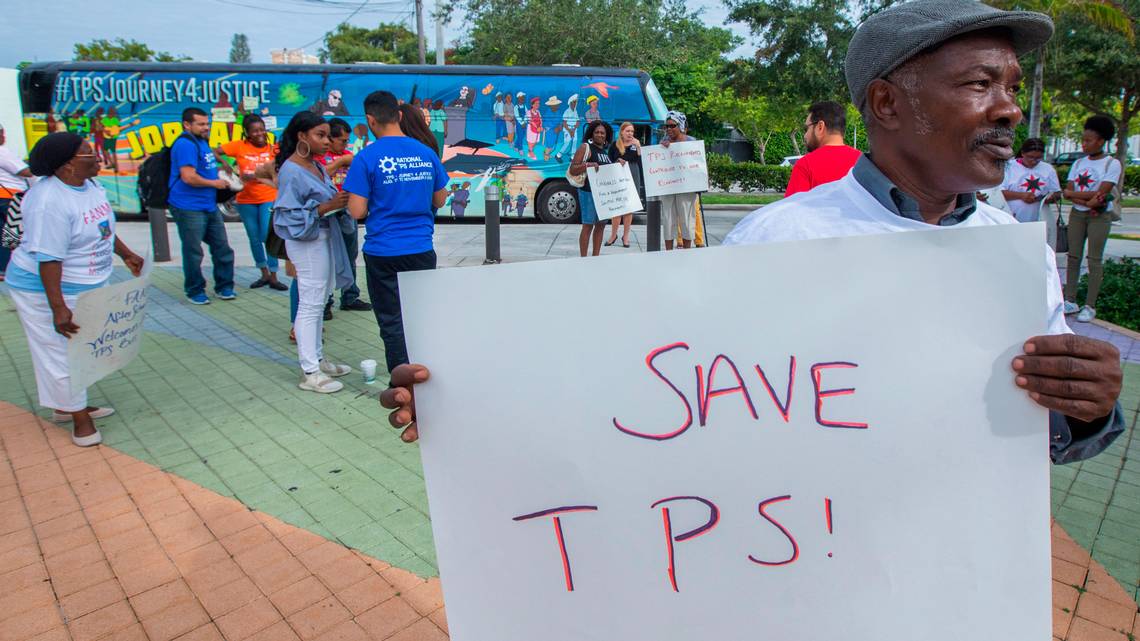|
Getting your Trinity Audio player ready...
|
Clarity Times: October 25, 2024 | A cyberattack in February on UnitedHealth’s tech division, Change Healthcare, has become one of the largest U.S. healthcare data breaches, exposing the personal information of over 100 million people. The hacking group ALPHV, also known as BlackCat, accessed highly sensitive data, including health insurance member IDs, diagnoses, treatment details, and social security numbers. This massive UnitedHealth data breach disrupted claims processing for millions, impacting patients and healthcare providers nationwide.
The Department of Health and Human Services (HHS) recently revealed the full extent of the breach as UnitedHealth concluded its investigation. Concerns are rising over UnitedHealth’s delayed notification; although the breach occurred months ago, the company only began notifying affected individuals in June. This slow response raises questions about transparency and highlights weaknesses in healthcare cybersecurity.
The Growing Crisis of Healthcare Cybersecurity
Healthcare data breaches are growing in size and frequency. Like the 2015 Anthem breach, which affected 79 million, this UnitedHealth breach shows healthcare data’s vulnerability to cyberattacks. In response, UnitedHealth has issued loans to support healthcare providers affected by payment delays and invested millions in breach notifications and security upgrades.
Steps Needed to Prevent Future UnitedHealth Data Breaches:
- Enhanced Cybersecurity Protocols: Healthcare providers need stronger security systems, including AI-driven threat detection and regular audits.
- Mandatory Rapid Notification: Governments should enforce strict deadlines for breach notifications to help protect individuals’ sensitive information.
- Cybersecurity Training: Training healthcare staff on best practices can prevent breaches caused by human error, like phishing or weak passwords.
As healthcare becomes increasingly digital, breaches like this UnitedHealth data breach will likely rise. To protect sensitive data, healthcare providers and policymakers must adopt rigorous cybersecurity protocols and ensure swift, transparent responses.




